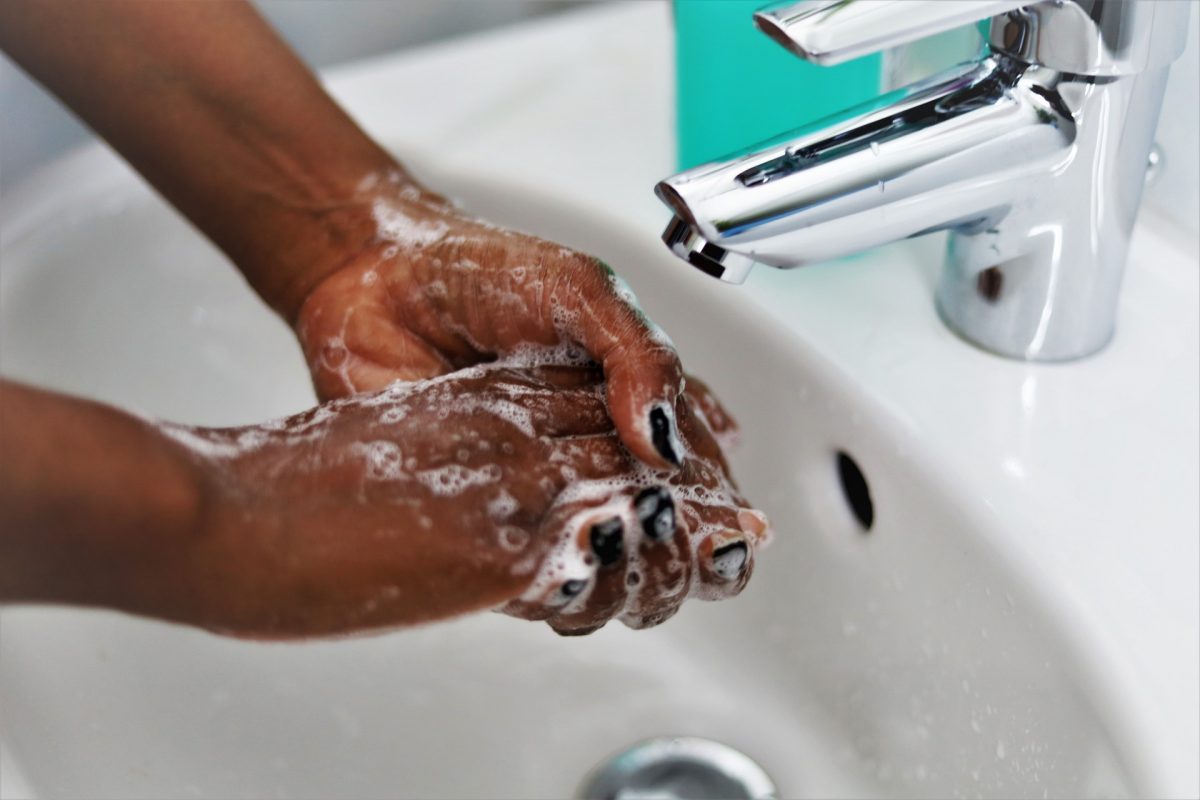Blog
How Does Hand Soap Differ From Dish Soap?
If you’re a naturally curious person, you may have thought about using dish soap to wash your hands at least once in your life. You can’t be blamed for thinking about it if you ran out of hand soap, mostly because everyone in the house or office is washing their hands multiple times a day to prevent the spread of COVID-19. Does dish soap offer the same protection as hand soap when it comes to fighting off bacteria and viruses? There are some key differences between the two, which are worth noting for the next time you’re in a bind and reaching for the green liquid instead of the soap at the kitchen sink.
Hand Soap: The Basics
Hand soap has always been a staple in households and offices around the world, but as a result of the global pandemic, demand has skyrocketed to unimaginable levels. Hand soap essentially a cleansing agent sold in various forms, including bars, granules, flakes, liquids and more. It is usually made from a mixture of sodium salts, fatty acids and natural oils, in order to yield the best cleaning results. Because germs enter the body through the nose, eyes, ears and mouth, having clean hands can mean the difference between getting sick this winter, or staying healthy. Bidvest Steiner sells two of the best refillable liquid hand soap options in the country (in pink and white variations), both of which do the job and more.
The Magic Of Dish Soap
Dish soap, also known as dishwashing liquid or detergent, is a type of cleaning agent that is specifically designed for washing dishes in the home or office. It usually consists of a high foaming mixture of surfactants that will clean anything from plates to glasses and utensils, without irritating the skin of the user. Like hand soap, it does not kill the bacteria directly, merely lifting it off the surface of the object being cleaned, so that it can be washed away by running water. Green dishwashing liquid has long been a staple in keeping South African homes clean and fresh, and continues to be sold in the millions each month.

The Differences Between The Two
At a structural level, hand soap is slightly more mild than dish soap, and will dissolve easier and foam better in hot water. Hand soap also typically contains more glycerin than dish soap, which helps the soap be a little more gentle on the skin. Hand washing dishes without gloves can make the hands over time, so it’s important to always have a good hand lotion nearby. In terms of acting as disinfectants, both soaps perform a similar function in that they help to isolate the bacteria or germs, in order for them to be washed away. Neither performs better or worse than the other, but hand soap will certainly be the more gentle choice if you’re thinking about one to use on a prolonged basis.
Whichever You Prefer, Hand Health Matters
Whether you’re on the market for hand soap or dish soap, the important thing is that you’re on the hunt for one of the most relevant and important products in the world today. Good hand health can help prevent the spread of infections ranging from a common cold or flu, all the way through to more serious diseases like COVID-19. When you’ve got a steady supply of hand and dish soap at home or the office, you and everyone else will be fully protected at all times. Now that you know about the ways in which both soap types are good for keeping things sanitary, it might be worth stocking up on both, especially if you’re going to be surrounded by other people for a majority of the winter season.



